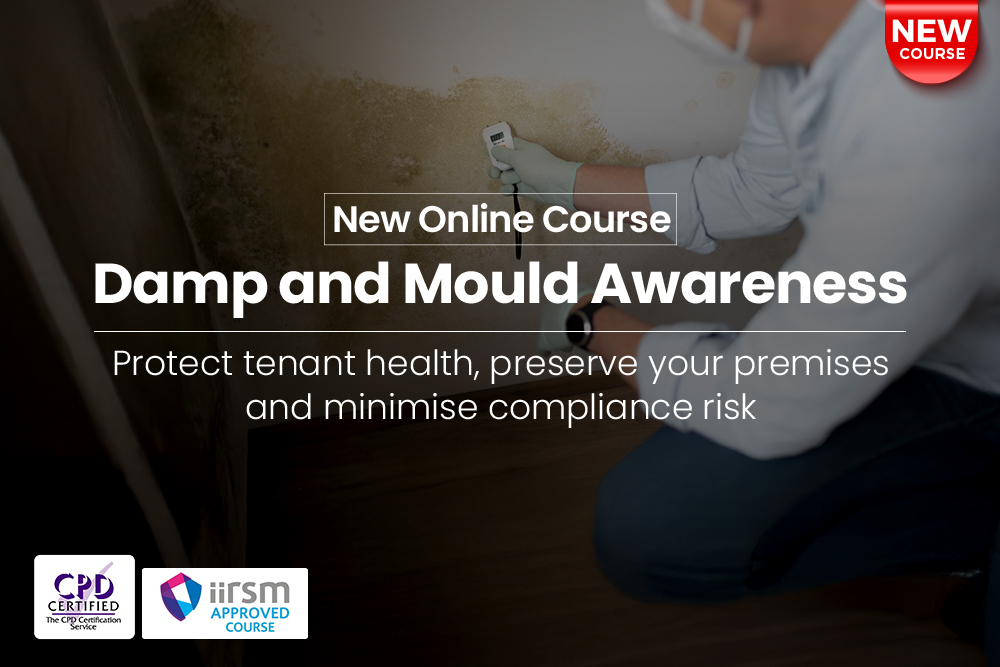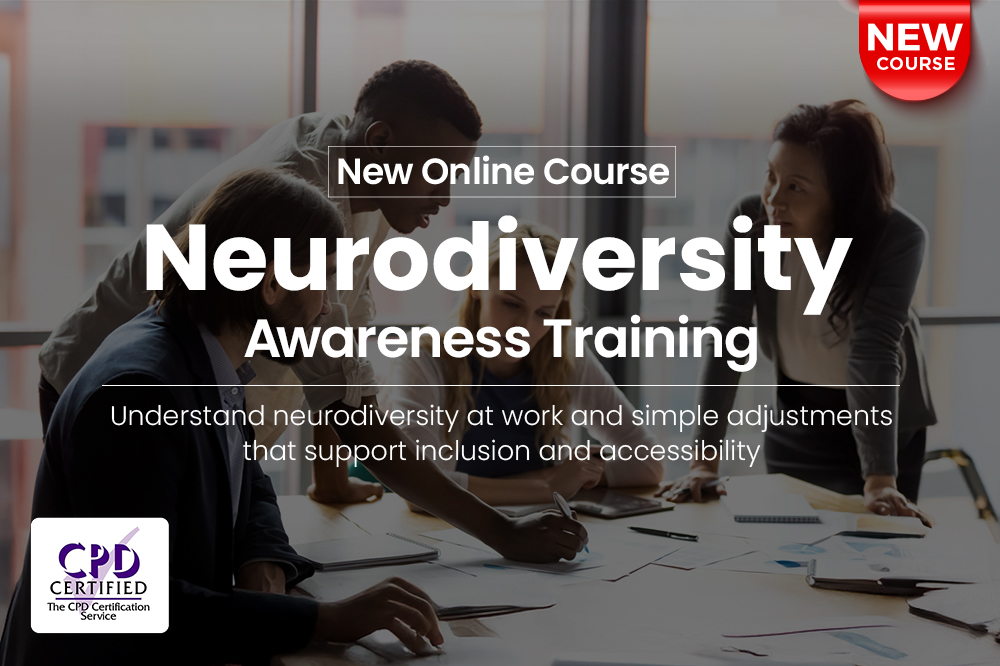
We’ve gotten better at discussing mental health, but there’s still some way to go.
Many of us still feel anxious talking about our own mental health or to someone living with a mental health condition. In contrast, we can comfortably converse with someone about a physical injury, like a broken leg. Why is that?
The more we talk about this vital matter that affects 1-in-4 of us, the more comfortable we will feel and the easier it will get.
In this blog, you will discover how to talk about mental health and learn what impact your future conversations will have on ending the stigma and discrimination around experiencing and living with mental health issues.
Mental Health’s Poor Reputation
A growing number of us are talking about our mental health. At least, that’s how it feels with all the TED talks, campaigns, podcasts and blogs that champion positive mental health. But in reality, many people still aren’t entirely at ease when talking to someone about mental health.
This can be down to many reasons, like our upbringing or fear of being judged, ridiculed, or triggered. It may also be due to the stigma that mental health hasn’t been able to shake off as a topic.
In a survey by The Priory, 40% of men said they won’t discuss their mental health. An underlying reason was the negative stigma that having a mental health problem is a sign of weakness. On the contrary, it takes great strength to talk about mental health.
So, the more we talk about mental health, the more we normalise it and make people feel comfortable to open up.
How to Talk to Someone About Your Mental Health
If you are talking about your own mental health:
1. Don’t Assume You’re a Burden
Avoid assuming that discussing your mental health will burden your friends and family. They are often the people who will provide you the most support. They may have seen you struggling but didn’t know how to talk to you about it.
2. Make a Plan of What You Want to Talk About
Think about what you want to say before you chat. Consider what you want from the conversation. Do you want advice or help accessing support services? Or do you want them to listen only? Writing down what you want to say may help. Explain what you want from the talk with friends and family so they can understand how best to help you.
3. Be as Honest and Open as Possible
You’ve plucked up the courage to initiate the conversation, so you’re on your way. Now, try to be as honest and open about what you are going through or living with as possible. If it’s overwhelming, take a break or ask to continue another time.
4. Be Patient. This Takes Time
Although speaking to someone about your mental health is a crucial first step, it doesn’t mean your issues will disappear. Improving our mental health takes time. So, give yourself some grace and don’t rush. Friends and family may need a little time to understand what you are going through and work out how they can help.
How to Support Others
If you are speaking to someone else about their mental health:
1. Ask
Many struggle to speak about mental health issues for fear of being judged.
If you want to have a conversation with someone with a mental health condition, an excellent way to start is by asking them if they want to talk about it. And if so, when and where. Let them decide, and when it’s time to talk, simply listening is a great way to get things started.
2. Don’t Judge
Being judgmental will stop them from talking. We all have different life experiences and handle things in our own way. Be open-minded, show compassion and ask them to explain if you don’t understand something. You may learn something about mental health or your own state of mind through the chat.
3. Share Your Experience
Talking about your own mental health experiences is a way to make others feel comfortable to open up about theirs. You only need to do this if you are comfortable doing so. Sometimes, shared experiences can make others feel comfortable talking about mental health.

What Not to Say
Part of the difficulty in talking about mental health is knowing what words and phrases to use and which ones not to use.
Here are a few examples of things not to say, with suggestions on what you can say instead:
Don’t forget about remote workers, though. Scheduling a team-building exercise that is fun and engaging will make them feel valued and not forgotten about.
“She is a schizophrenic”
Don’t describe a person with a mental health condition as a diagnosis or specific behaviour, such as ‘a schizophrenic’ or ‘a manic depressive’. They are much more than these labels.
Swap these terms with ‘a person living with schizophrenia’ or ‘someone with depression’. This way, you acknowledge they are an individual before their condition.
“They suffer from…”
Avoid saying, ‘…is a victim of’ or ‘suffers from’. This implies that their experience is negative, pitiful or hopeless.
Instead, try using ‘lives with’ or ‘has’. Someone living with any physical or mental condition will experience good days and not-so-good days. They also thrive and can overcome.
“He’s mentally ill”
Using the term ‘mentally ill’ is just so old-fashioned and inaccurate. It is best to avoid this term altogether.
‘Someone who has mental ill-health or ‘someone who experiences mental health problems’ is more compassionate.
“They’re a little OCD”
Describing someone as ‘crazy’, ‘manic’, ‘a little OCD’, ‘psycho’ and so on can cause offence and be incorrect regarding their actual condition. It can also trivialise what they may be going through.
Show them some kindness. Ask them how they feel. Respond to any concerning behaviour they may show by asking if they are okay and if you can help them.
“He committed suicide”
The term ‘committed suicide’ has now commonly been replaced with more compassionate and accurate terms, such as ‘died by suicide’ or ‘took their own life’.
Knowledge Empowers
Feel empowered to talk about mental health by taking our mental health awareness course. This is a great place to start if it’s your first time learning about mental health. You’ll learn how to combat the stigma surrounding poor mental health and gain an understanding of how you can manage your own mental health.
Take the initiative to learn more about your mental health. You may be helping yourself as well as someone you know.



























































































































































































































































































































































































































































































































































































































































































































































